Superstitions are fascinating beliefs that often defy logic but are deeply rooted in various cultures around the globe. These odd customs can influence behavior, traditions, and even the daily decisions of people. Some superstitions might make you scratch your head in confusion, while others might leave you in awe of human creativity and belief.
Whether they bring luck or ward off evil, these 13 superstitions offer a unique glimpse into the diverse ways people see the world.
Knocking on Wood

In many Western countries, people knock on wood to prevent bad luck. This superstition dates back to ancient times when people believed that spirits lived in trees. By knocking on wood, they thought they were calling on the spirits for protection. Today, it’s a common way to avoid jinxing yourself after mentioning something good.
The Evil Eye
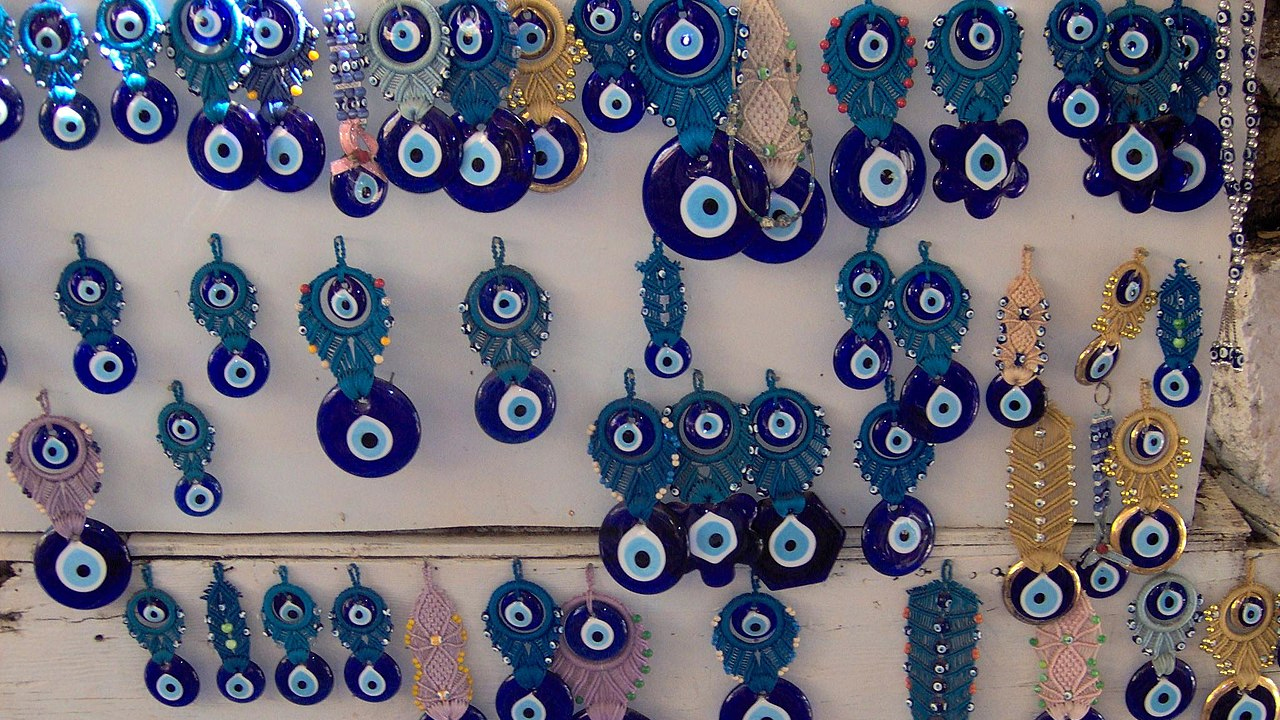
The evil eye is a belief that someone can harm you just by looking at you with envy or malice. This superstition is found in various cultures, including the Mediterranean, Middle Eastern, and South Asian regions. To protect against the evil eye, people wear amulets, often in the shape of an eye, to ward off the curse.
Stepping on a Crack

“Step on a crack, break your mother’s back” is a popular rhyme in the United States. This superstition suggests that stepping on cracks in the pavement can bring bad luck to your family. It’s a playful way to keep children mindful of where they step, but some people genuinely avoid cracks to prevent bad fortune.
Broken Mirrors

Many believe that breaking a mirror brings seven years of bad luck. This superstition originates from the idea that mirrors reflect a person’s soul. Breaking a mirror was thought to damage the soul, causing years of misfortune. To reverse the curse, some recommend burying the broken pieces under the moonlight.
Friday the 13th

Friday the 13th is considered an unlucky day in Western cultures. This superstition combines the fear of the number 13, known as triskaidekaphobia, with the bad luck associated with Fridays. The origins are unclear, but some trace it back to Norse mythology or the Last Supper in Christian tradition. Many people avoid making big decisions or traveling on this day.
Black Cats
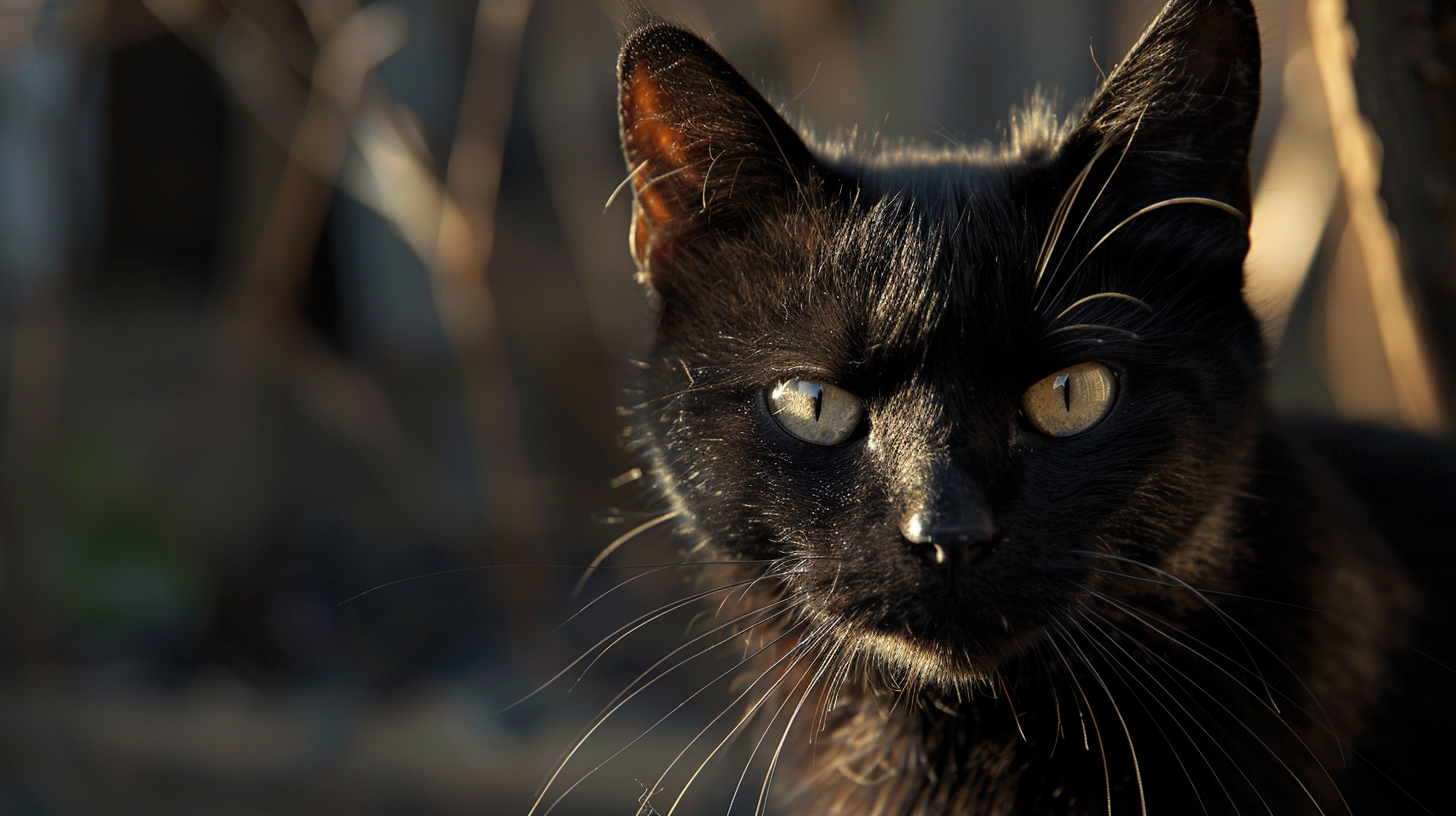
In many Western countries, black cats are seen as omens of bad luck, especially if they cross your path. This superstition dates back to the Middle Ages when black cats were associated with witches. Despite their bad reputation, black cats are considered good luck in other cultures, such as in Japan and Scotland.
Whistling Indoors

In Russia, whistling indoors is believed to bring financial ruin. This superstition stems from the belief that whistling can call the wind, which in turn could blow away your wealth. As a result, many Russians avoid whistling inside their homes or workplaces.
Horseshoes
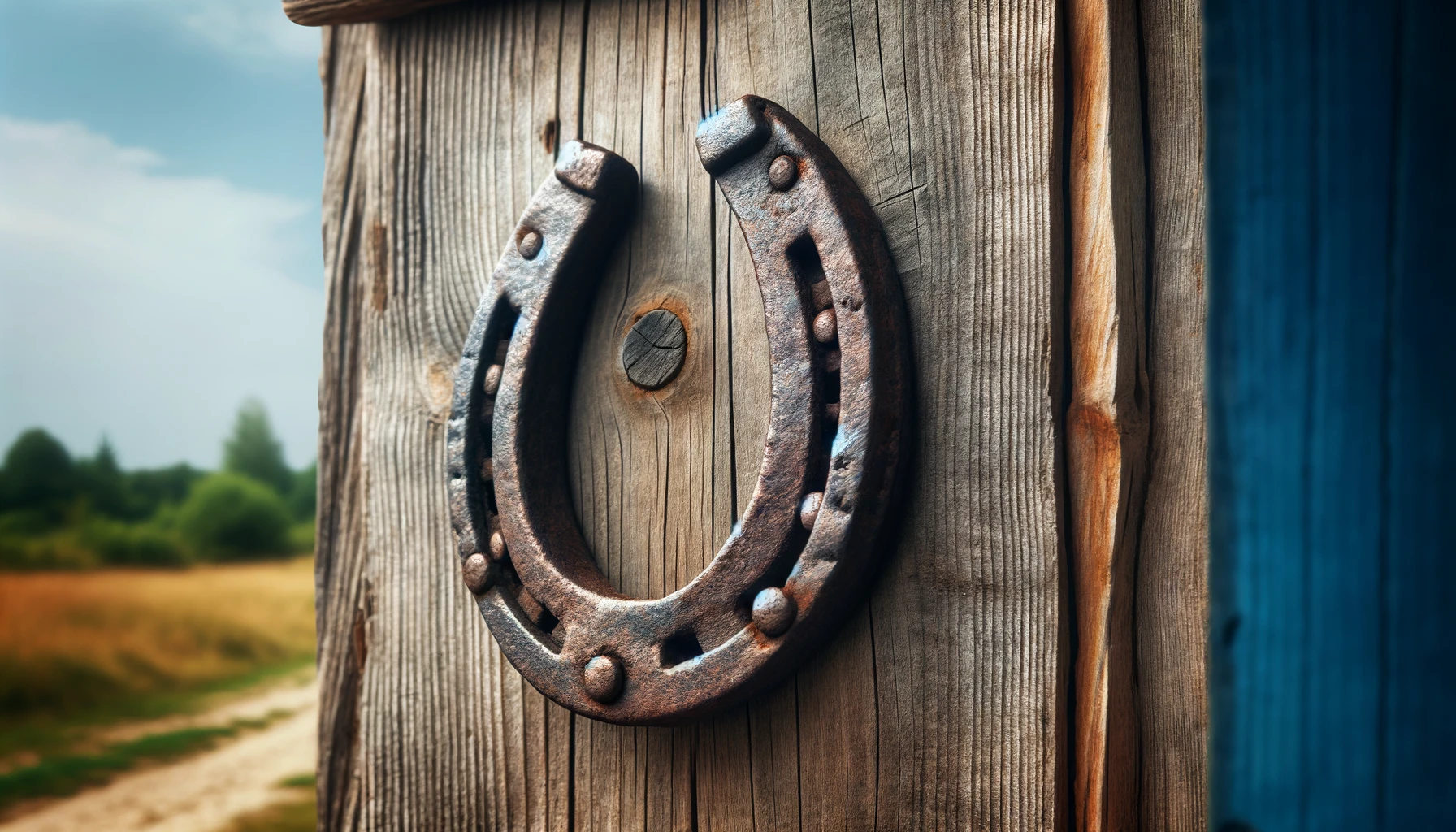
Horseshoes are considered lucky charms in many cultures. The belief is that horseshoes, especially when hung with the ends pointing up, can catch and hold good luck. This superstition dates back to ancient Greece and Rome, where horseshoes were made of iron, a metal believed to ward off evil spirits.
Sweeping Feet

In some African and Caribbean cultures, sweeping over someone’s feet with a broom is believed to bring bad luck. This superstition suggests that if your feet are swept, you’ll never get married. To counteract the curse, one must spit on the broom immediately.
Itchy Palms
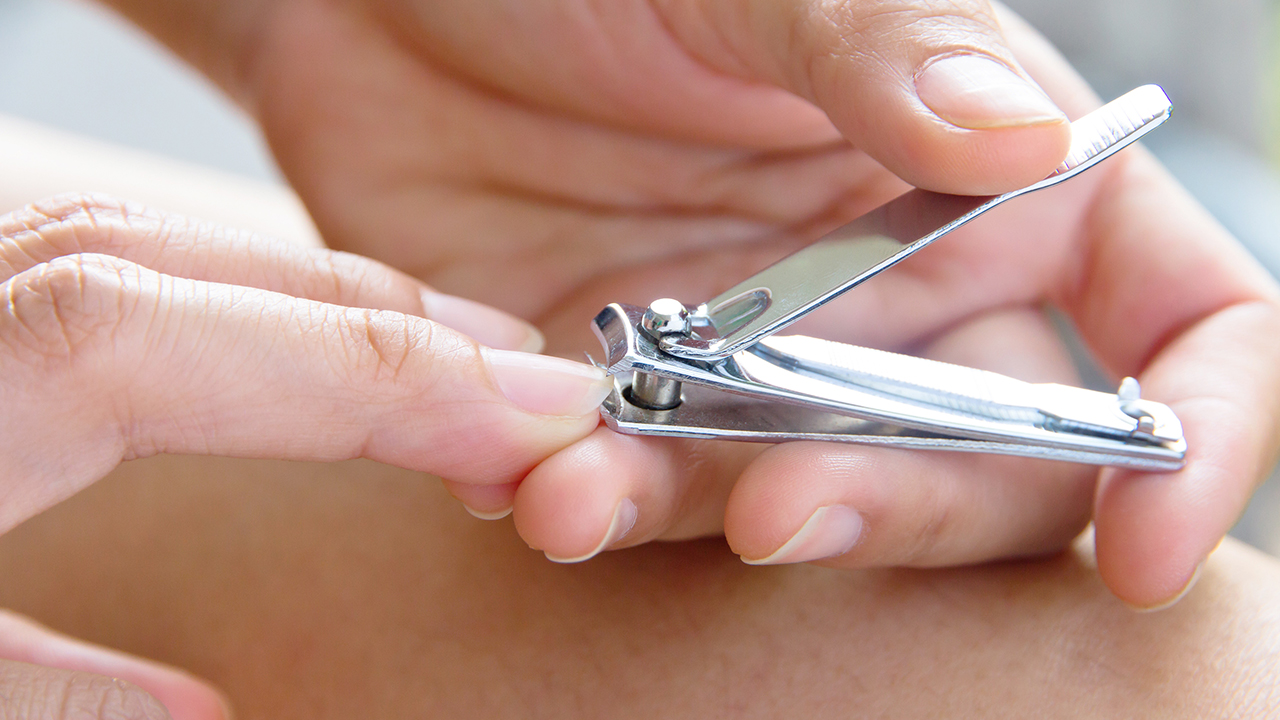
An itchy palm is believed to signify financial fortune or loss. In some cultures, an itchy right palm means you’ll receive money, while an itchy left palm means you’ll lose money. This superstition varies, with some cultures reversing the meanings for each hand.
Bird Droppings

In Russia and Turkey, having a bird relieve itself on you is considered good luck. As unpleasant as it may seem, this superstition suggests that bird droppings bring wealth and good fortune. So, the next time a bird targets you, consider it a sign of luck!
Numbers in China

The number four is considered unlucky in China because it sounds like the word for “death” in Chinese. This superstition is so strong that many buildings skip the fourth floor, similar to how some Western buildings skip the 13th floor. Conversely, the number eight is considered very lucky because it sounds like the word for “wealth.”
Cutting Nails at Night
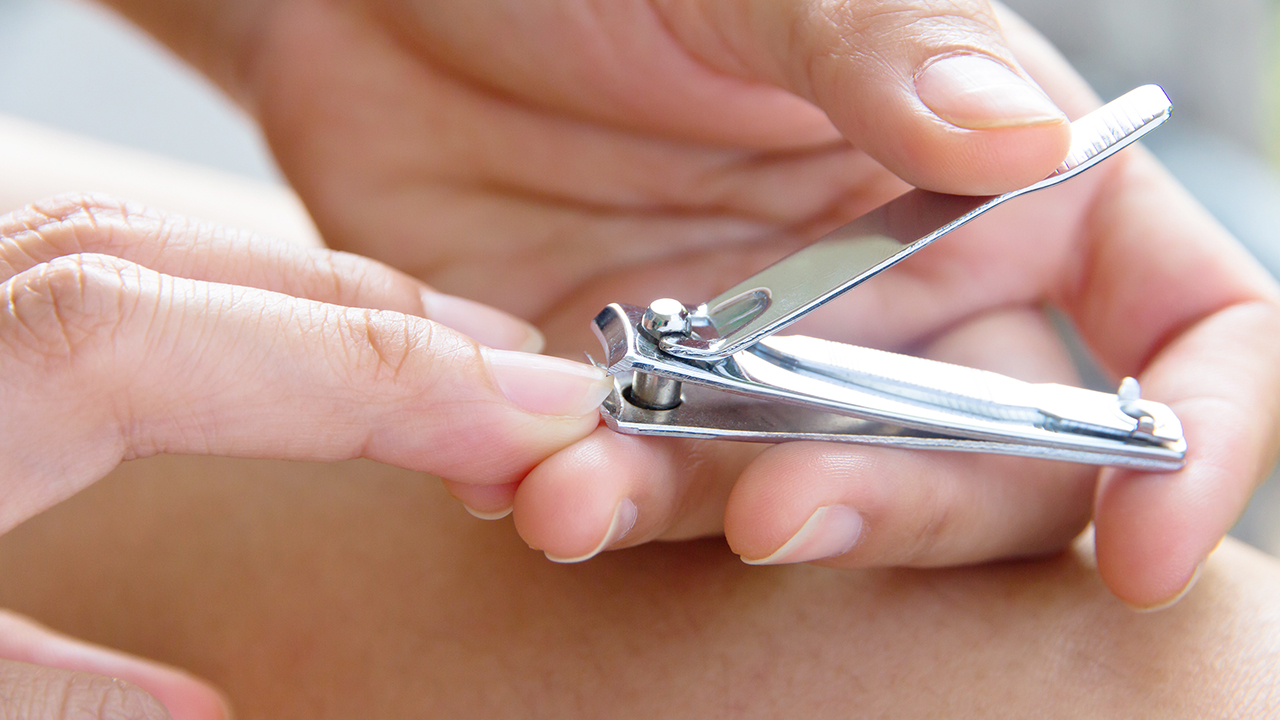
In Japan and India, cutting your nails at night is believed to bring bad luck or even shorten your life. This superstition dates back to a time when lighting was poor, and cutting nails in the dark could lead to injuries. Despite modern lighting, the belief persists in some cultures.
Ellen has been obsessed with logic puzzles, jigsaws, and cryptograms since she was a kid. After learning she was taught how to play chess wrong by a family friend (so they could win), she joined her school chess club and the rest is history.

